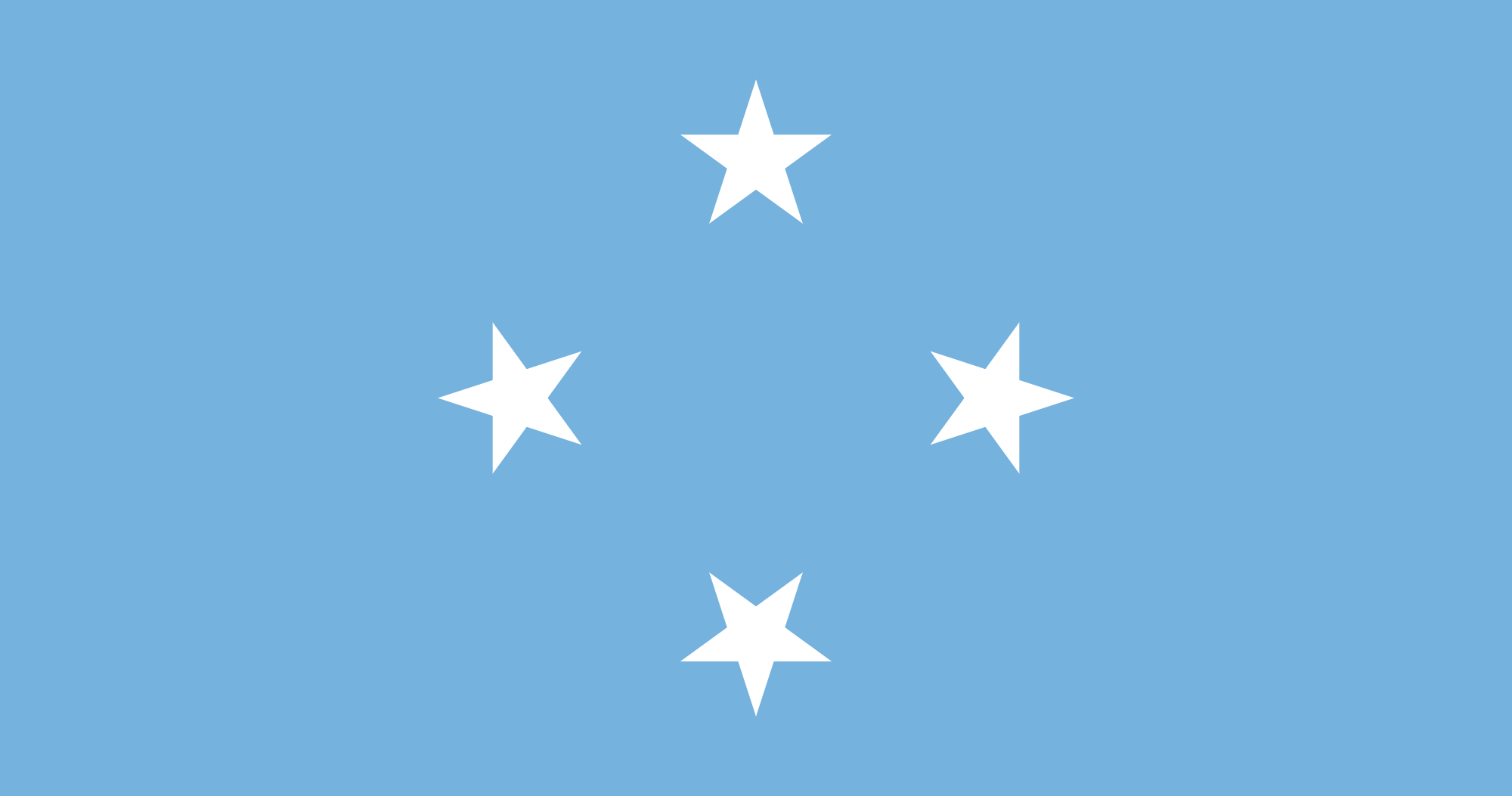Home » Federated States of Micronesia

Federated States of Micronesia
Summary of GCCA+ SUPA project in FSM
The GCCA+ SUPA project used a consultative and people centred approach to conduct an impact analysis (iA) of past water security measures in Nukuoro Atoll, Pohnpei State; and to address water security in Polowat, Pulusuk, Pullap and Tamatam in the northwest Islands of Chuuk State.

Project Focus: Water Sector

Direct benefit: 3,026 persons
Indirect benefit: 45,628 persons
- Geographic coordinates: Lat. 1°S – 14°N, Long. 1135°W- 166°E
- Total land area 701 km²
- Exclusive economic zone (EEZ) 2,980,000 km²
- Population (2011 estimate) 102,360
- Temperatures have warmed and will continue to warm with more very hot days in the future.
- Annual and wet season rainfall since 1950 has decreased at Pohnpei but at Yap there has been no clear change. Rainfall is generally projected to increase over this century with more extreme rainfall days. Drought frequency is projected to decrease.
- Sea level near the Federated States of Micronesia has risen and will continue to rise throughout this century.
- Wave height is projected to decrease in December to March and waves may be more directed from the south in the June to September.
- Ocean acidification has been increasing in the Federated States of Micronesia’s waters. It will continue to increase and threaten coral reef ecosystems
Source: BOM, CSIRO, 2014, Climate Variability, Extremes and Change in the Western Tropical Pacific: New Science and Updated Country Reports
How does this project address climate change adaptation in FSM?
People living in the outer islands of Chuuk State are largely dependent on the harvesting of rainwater for drinking water. Undergroundwater lenses in the low-lying atoll islands are shallow and vulnerable to saltwater intrusion, especially during droughts.
The effects of climate change on temperature, rainfall, weather extremes, sea level, and the frequency and magnitude of typhoons isexacerbating the difficulties experienced by outer island residents to source and supply drinking water.
Focusing on the people living in the remote islands of Polowat, Pulusuk, Pulap and Tamatam, the project adopted a participatory andinclusive approach that addresses the vulnerabilities and the rights of all residents in the planning, selection of project sites, andinstallation of the rainwater harvesting systems. Skills in climate resilience were enhanced for community members, island councilrepresentatives and community leaders.
The impact of a completed water security project in Nukuoro atoll was analysed using the full Impacts Analysis (iA) Methodology.
Read more:
Key Highlights
- Increasing access to quality water
- Building community resilience
- Strategic planning
- Conducting assessments on existing water storage systems for community buildings and consulting with the communities in Polowat, Pulusuk, Pulap , Tamatam and Nukuoro.
- Upgrading existing rainwater harvesting systems and installing new ones in community shelters in Polowat, Pulusuk and Pulap and Tamatam islands.
- Training of residents to monitor and maintain household and community rainwater harvesting systems.
- Promoting water hygiene through WASH Programme campaigns to schools in Polowat, Pulusuk, Pulap and Tamatam.
- Installing a manual rain gauge in Polowat and compiling the rainfall data to inform future drought management.
- Conducting a needs analysis and raising awareness about climate resilience for local area stakeholders.
- Building the capacity of community leaders and island council members in climate resilience through accredited training.
- Integrating climate change and disaster risk into local area sustainable development plans.
- Assessing the impacts of past climate change adaptation projects and applying the results to national strategic planning.
- Testing an impact assessment methodology on completed climate change interventions.
Activities meet the following SDGs:



Resources
Increasing access to quality water
Installation of water security measures
Building community resilience
